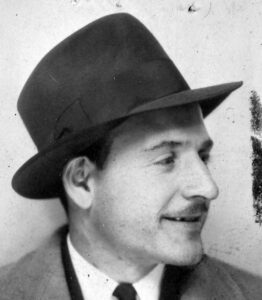 SCOPE OF THE FELLOWSHIP
SCOPE OF THE FELLOWSHIP
The John D. Calandra Italian American Institute, a university-wide institute under the aegis of Queens College, The City University of New York, is offering a fellowship for graduate students who are writing their dissertation on any topic involving Italian emigrant and/or Italian ethnic labor and/or working-class life either in the United States or in the wider Italian diaspora. Submissions may come from all relevant fields of study in the social sciences and humanities, including, but not limited to, history, literary studies, film studies, gender studies, and political science.
The fellowship is named after dockworker and labor activist Pietro “Pete” Panto (1910–1939), who was murdered for leading rank-and-file stevedores in a struggle for safe and democratic working conditions on the Brooklyn waterfront, which had long been in the grip of mobsters and corrupt elements in the union.
The fellowship will run for six years with one award given each year. The fellowship award is $1,000 US per year, distributed by check or bank transfer after the awardee is announced.
ELIGIBILITY
Graduate students will need to have been registered at their university in the twelve months previous to the application deadline. Recently graduated students are eligible to apply as long as they were registered within the twelve months immediately previous.
Applicants must have passed their qualifying exams, been admitted to candidacy, and have submitted an accepted dissertation proposal. This status must be confirmed in the dissertation director’s letter (see below).
Graduate students who do not win in a given year but continue to work on their dissertation or thesis in the following year are welcome to apply again.
SUBMISSION GUIDELINES
- Application materials must be in English and submitted in .pdf format. The dissertation itself may be written in any language.
- Project description: In no more than 750 words (double-spaced, Times New Roman 12-point font with 1-inch margins), provide a title and brief description of the dissertation project, your progress toward its completion, and an explanation of the project’s contribution to the field of diasporic Italian emigrant and/or ethnic labor and/or working-class life.
- Curriculum vitae: The CV should include your current mailing address, email address, and telephone number and should focus on publications, courses taken and/or taught, professional activities, and awards. Maximum length not to exceed two pages.
- Unofficial transcripts: Proof of good standing. There is no need for the transcript to be translated into English.
- Two letters of reference: One letter must come from the dissertation director and explicitly address the relevance of your project to the furthering of Italian diaspora and labor/working-class studies. Both letters must be in English.
Please upload the documents in .pdf format to Submittable: https://bordigherapress.submittable.com/submit/285828/john-d-calandra-italian-american-institute-pietro-pete-panto-italian-diaspora
For any questions about the application process, please write to the John D. Calandra Italian American Institute at the following email: [email protected].
DEADLINE
May 1, 2024. The announcement of this year’s winner will be made on September 2, 2024.
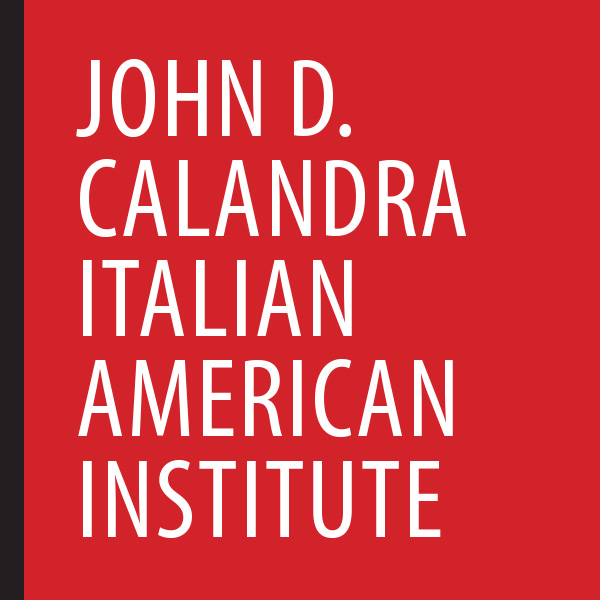
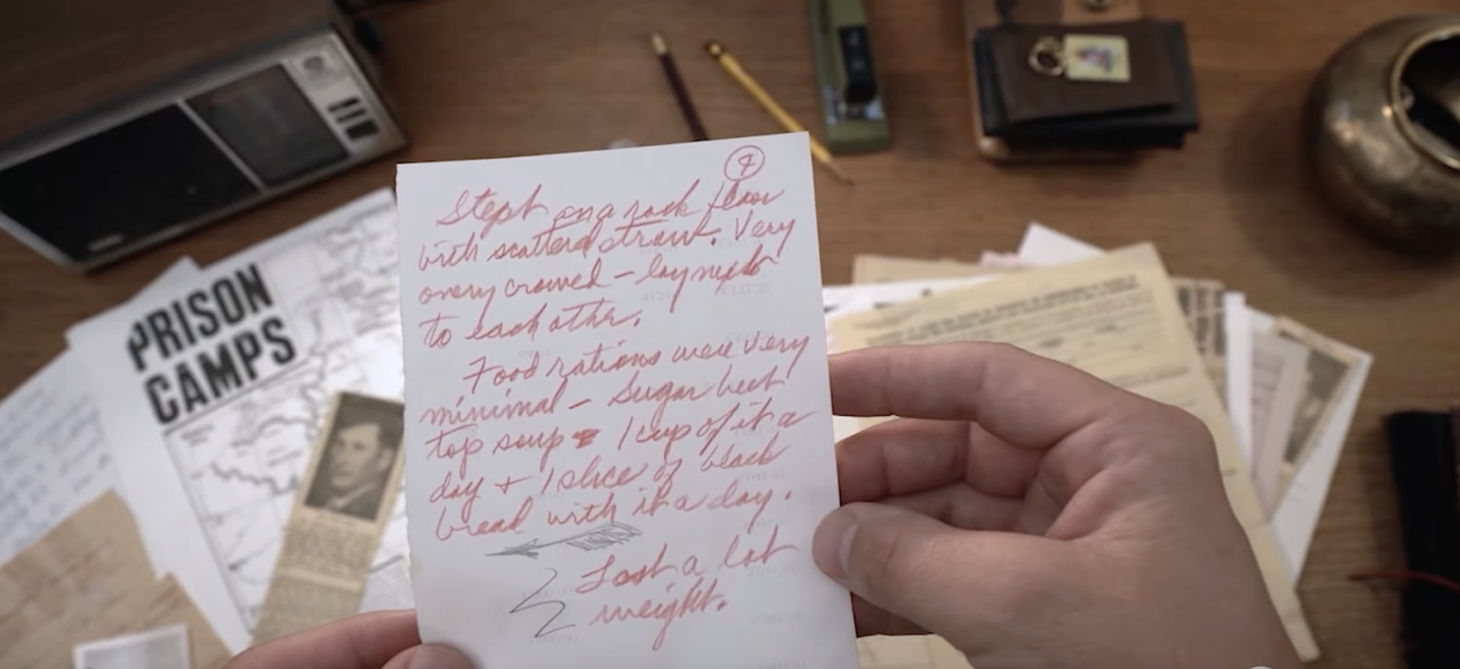
 SCOPE OF THE FELLOWSHIP
SCOPE OF THE FELLOWSHIP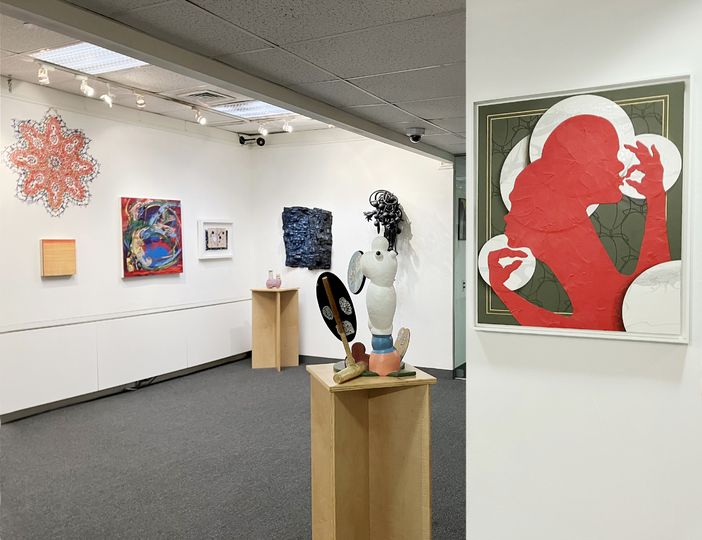
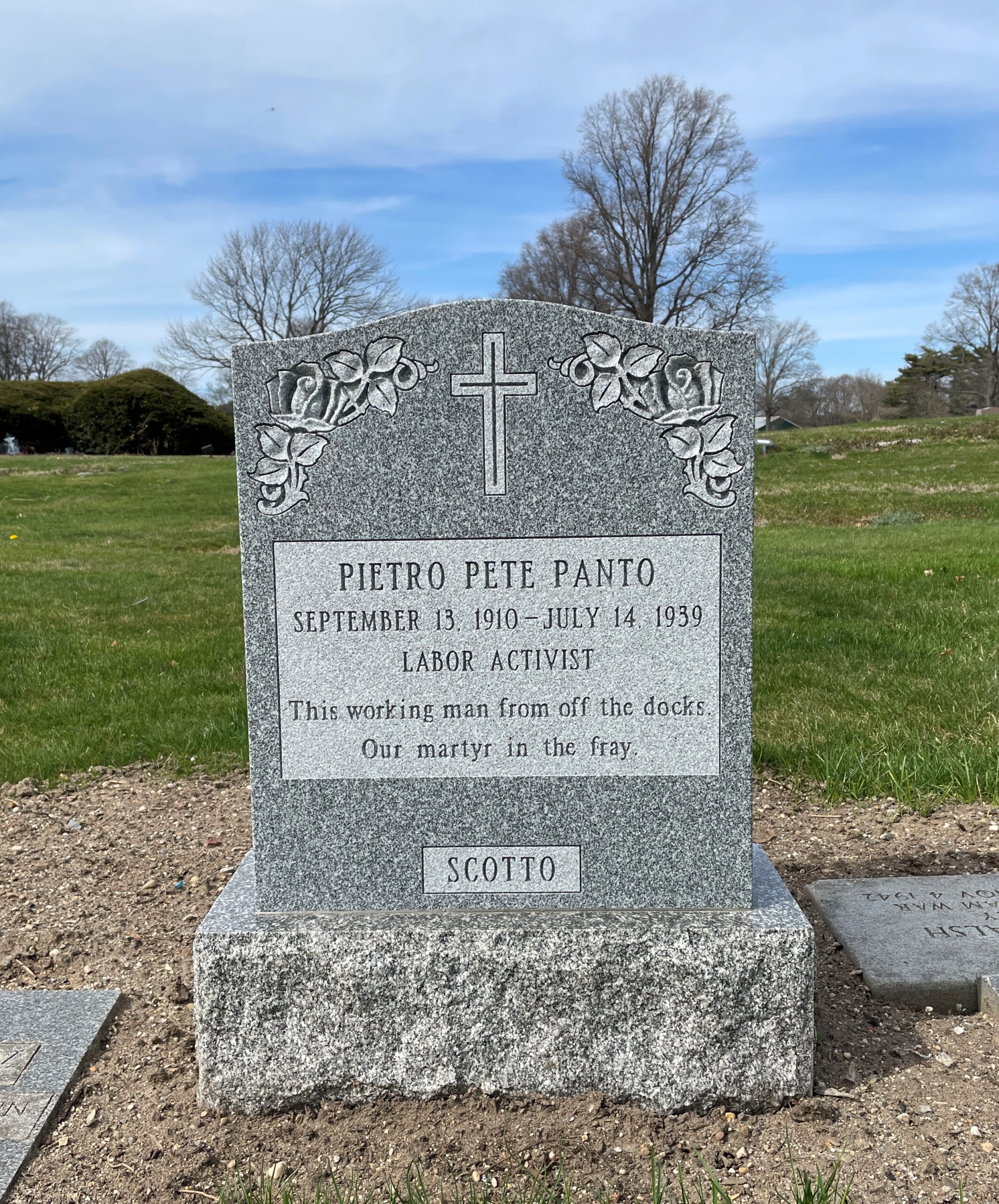
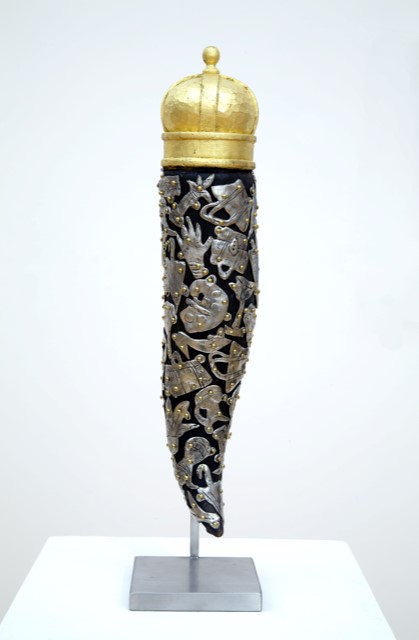
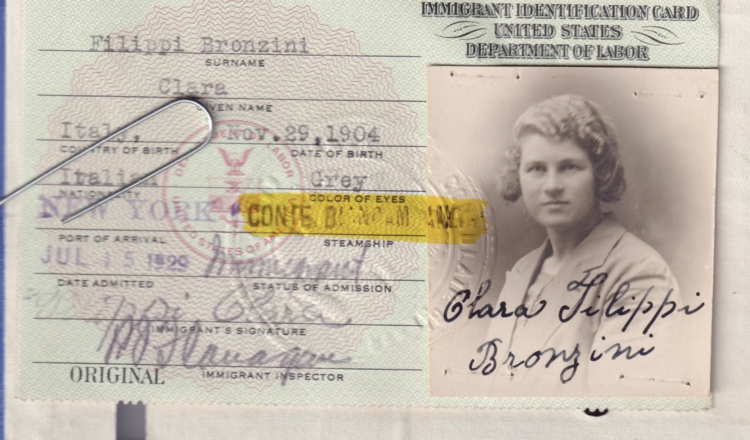
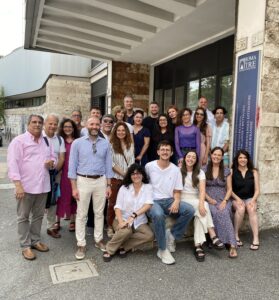 The 2023 edition of the Italian Diaspora Summer Studies Seminar at Roma Tre University has concluded, and it was a huge success. For more information on the Seminar or to apply for next year’s trip and course of study,
The 2023 edition of the Italian Diaspora Summer Studies Seminar at Roma Tre University has concluded, and it was a huge success. For more information on the Seminar or to apply for next year’s trip and course of study,